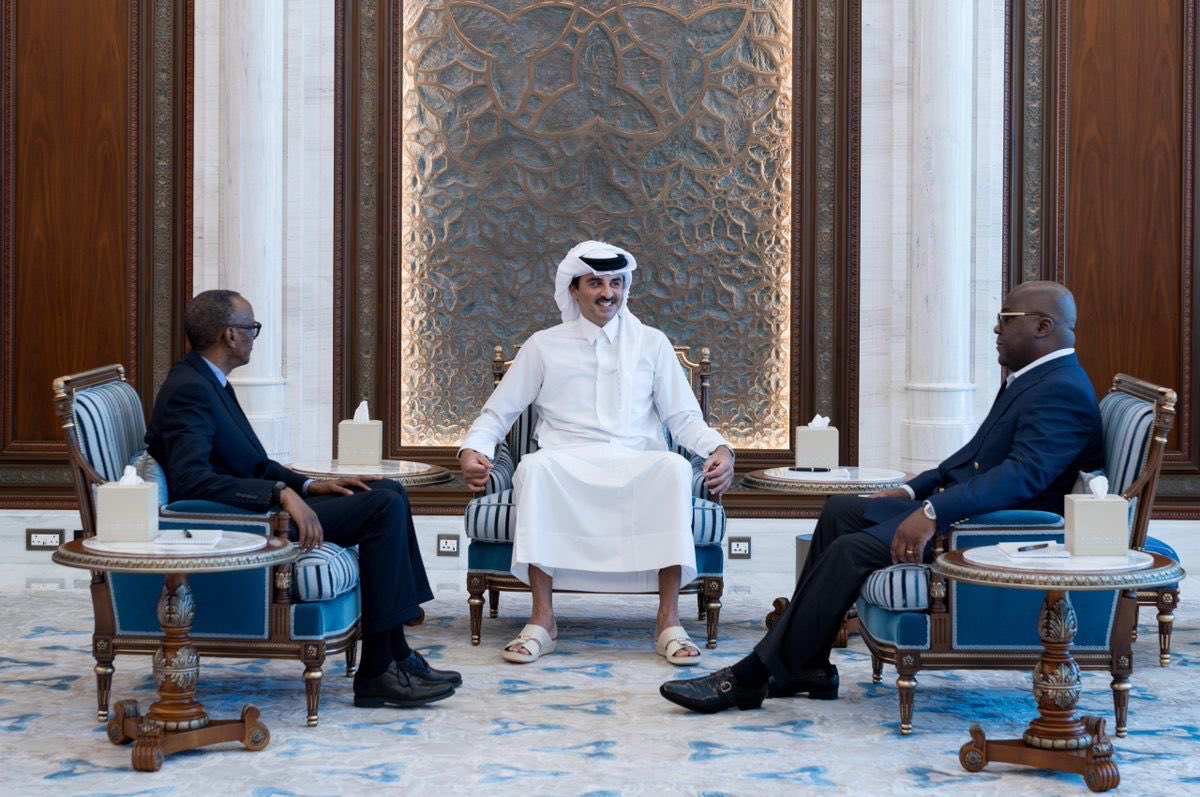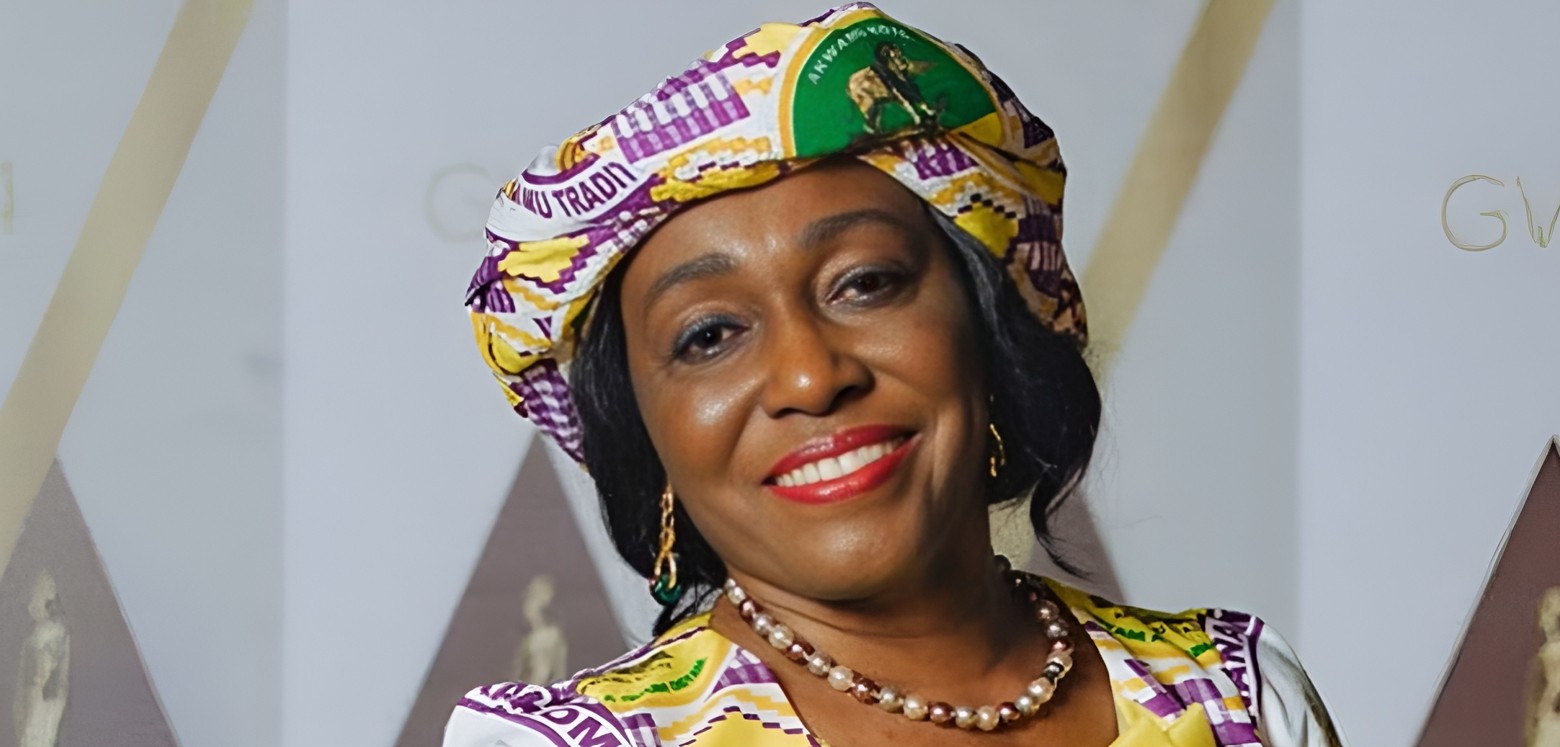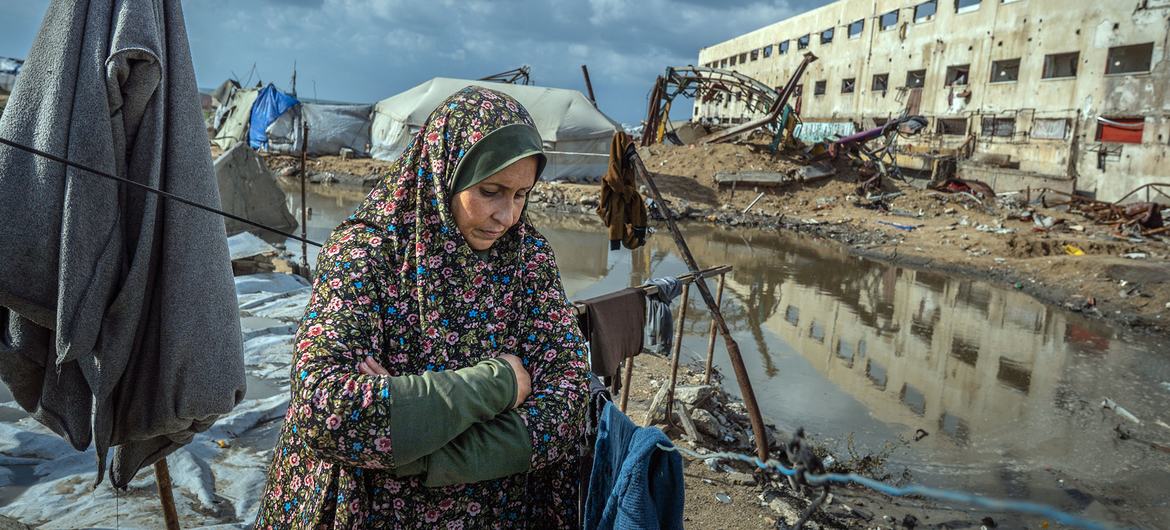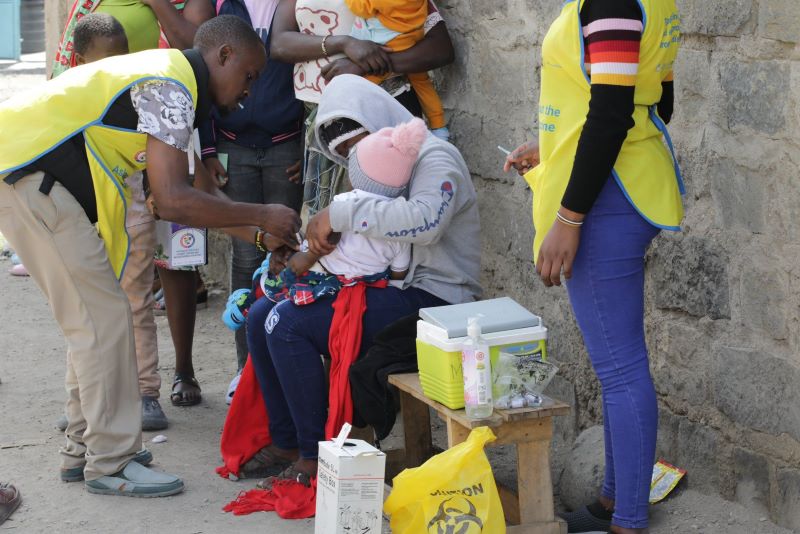Security Council renews Haiti sanctions
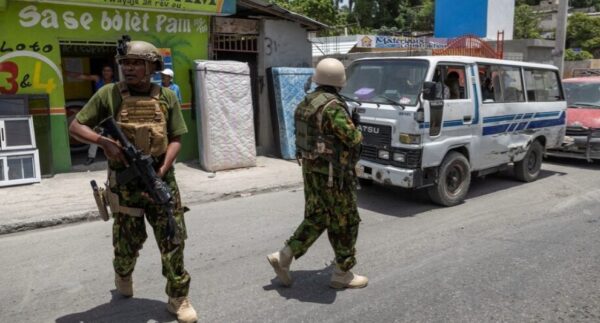
Panama's representative said effective implementation of the arms embargo is crucial in efforts to once and for all remove the fuel that is firing this conflict.
The United Nations Security Council (UNSC) has renewed the sanctions regime for Haiti for another year.
This followed a move by the Security Council to unanimously adopt resolution 2653, which included targeted asset freeze, travel ban, and arms embargo measures on those who are engaging in or supporting criminal activities and violence involving armed groups and criminal networks.
The sanctions regime on Haiti was established on October 21, 2022, to address the multidimensional crisis in the country.
More To Read
- Haiti security forces say era of unchecked gang power is over as crackdown intensifies
- Haiti, Panama and Curaçao seal historic World Cup spots
- ‘Kenya can’t do it alone’: US urges more nations to join Haiti’s Gang Suppression Force
- Millions of lives at risk, warn UN food agencies, as hunger crisis worsens
- At least 20 dead as Hurricane Melissa hits Haiti
- Green light for Gang Suppression Force tells Haitians ‘they are not alone’, Security Council hears
It targets individuals and entities involved in arms trafficking and diversion, illicit financial flows, violations of the arms embargo, human rights abuses, sexual and gender-based violence, obstruction of humanitarian aid, and attacks on UN personnel or premises.
On October 2, 2023, the council, after adopting a new resolution 2699 that authorised member states to form and deploy a Multinational Security Support (MSS) mission to Haiti, later expanded the arms embargo from targeted measures applying to designated individuals to a territorial embargo covering the country as a whole.
Subsequently, the entire sanctions regime was renewed twice, most recently through resolution 2752 of 18 October 2024.
As part of this year's renewal, the council has designated two people who have "engaged in acts that threaten the peace, security, and stability of Haiti."
One is Dimitri Herard, a former head of assassinated ex-President Jovenel Moïse's security unit, who has supported the Ti Bwa gang in addition to being implicated "in facilitating the trafficking of arms and ammunition, which have fuelled gang violence and destabilised the country."
The other is Kempes Sanon, the leader of the Bel Air gang, which "has been involved in systematic human rights violations, including extortion, kidnappings, and illicit taxation."
The US representative said their designation complements action taken by Washington earlier that day regarding the two men.
"While we applaud the Council for designating these individuals, the list is not complete. There are more enablers of Haiti's insecurity evading accountability," he said.
Panama's representative said effective implementation of the arms embargo is crucial in efforts to once and for all remove the fuel that is firing this conflict.
"There is a symbiotic relationship between certain economic and political elite sectors and the gangs," he explained.
He expressed hope that the sanctions renewal, along with other efforts by the UN Support Office in Haiti and the GSF, "will enable us to bring about a Haiti free of weapons, safer and at peace".
Haitian representative, on the other hand, noted that the sanctions regime can be an effective instrument of deterrence and of justice if it is properly applied and respected by all member states.
"It serves as a complementary pillar to the Multinational Security Support Mission, which was recently transformed into the GSF," he added.
Despite efforts to quell the violence, Haiti noted that there have been mixed results as gangs continue to be provided with heavy weapons and ammunition coming from abroad.
The renewal comes just weeks after the Council authorised a Gang Suppression Force (GSF) in Haiti to replace the Kenya-led Multinational Security Support (MSS) that has been backing the national police in their efforts to combat the violence.
"These measures will restore security in Haiti and bring gangs to their knees," the US representative said.
A recent UN Secretary-General's report notes that the sanctions regime as a whole continued to have a limited impact, with ongoing violations of its measures through the trafficking of weapons and other illicit goods that "continued unabated" with only "limited" enforcement of the arms embargo.
The Secretary General urged UN member states to ensure the full implementation of the arms embargo and called on the 2653 Haiti Sanctions Committee to "consider the expansion of the sanctions list to include the political and economic actors who support the gangs and continue to profit from their illegal activities".
Top Stories Today



